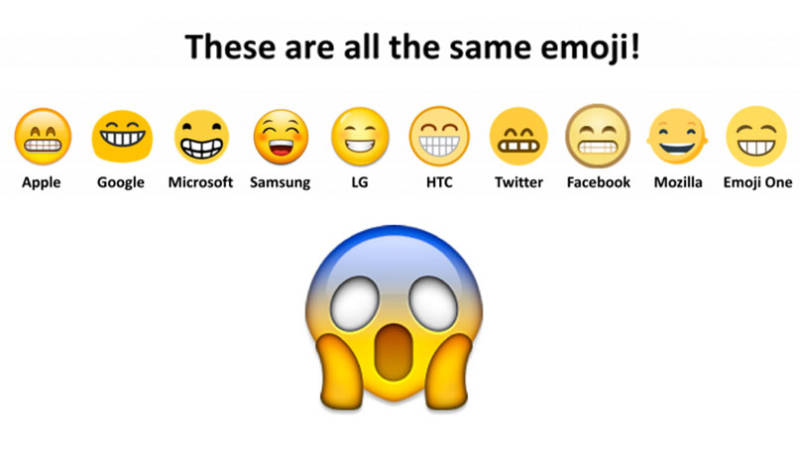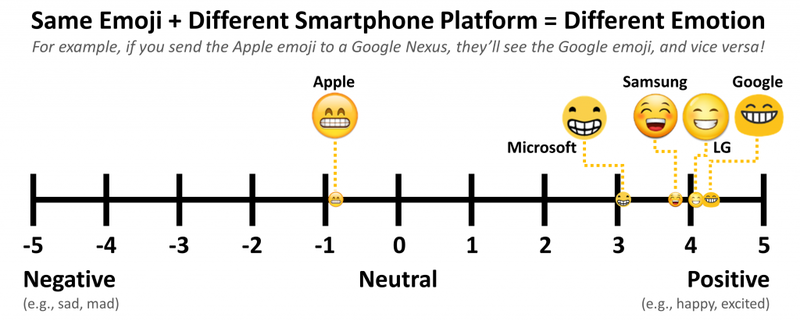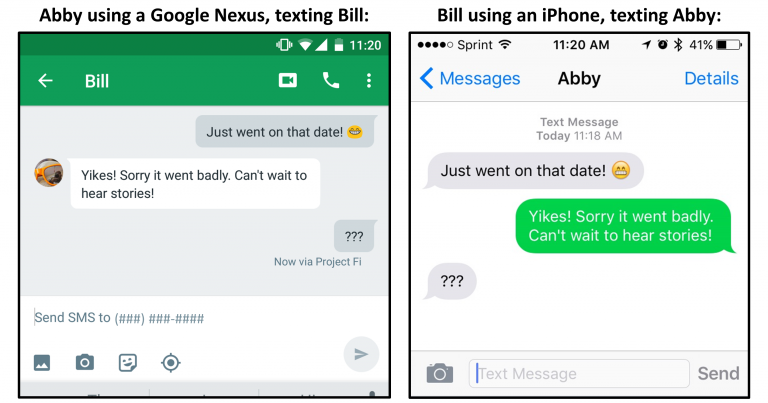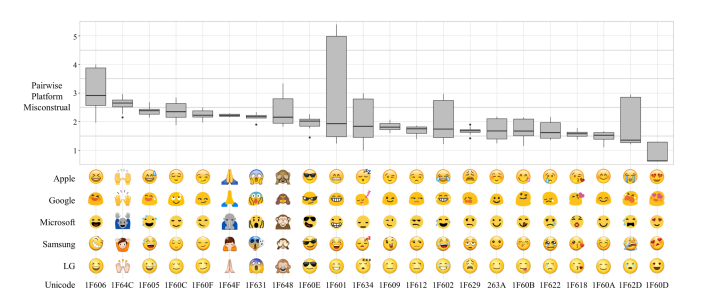Emojis were supposed to be the great equalizer: a language all its own capable of transcending borders and cultural differences.
Not so fast, say a group of researchers who found that different people had vastly different interpretations of some popular emojis. The researchers published their findings for GroupLens, a research lab based out of the Department of Computer Science and Engineering at the University of Minnesota, Twin Cities.
"I think some people thought that they could use [emojis] with little risk and what we found is that it actually is at high risk of miscommunication," Hannah Miller, a Ph.D. student at the University of Minnesota and one of the authors of the study, said in a phone interview.
For example, the researchers found that when people receive the "face with tears of joy" emoji — which Oxford Dictionaries declared its word of the year — some interpret it positively, while others will interpret it negatively.
"We find that only 4.5 percent of emoji symbols we examined have consistently low variance in their sentiment interpretations," the researchers write. "Conversely, in 25 percent of the cases where participants rated the same rendering, they did not agree on whether the sentiment was positive, neutral, or negative."




9(MDAxOTAwOTE4MDEyMTkxMDAzNjczZDljZA004))

